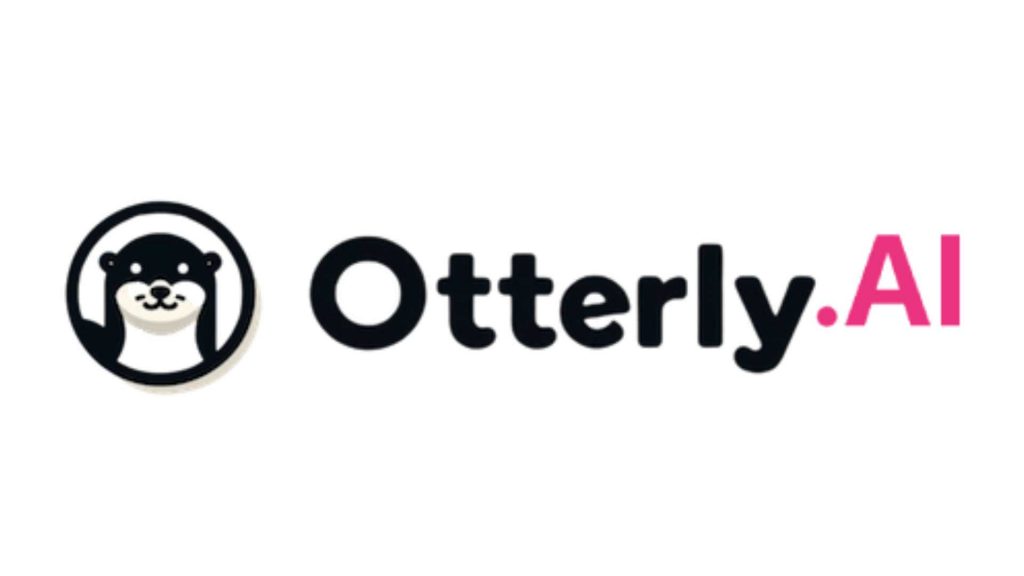Greetings. Have you guys heard about the monkeys stealing smartphones in Bali? It’s a system they came up with on their own. These monkeys are up to speed on the things people value most (wallets, glasses, phones, etc) and hold possessions hostage until you give them food to get your stuff back. They like Oreos and mangoes.
Since this is an America-centric publication, you can think of Bali as Cancun for Australians. It’s not a perfect comparison, but it’s the best one you’ll find in a marketing newsletter. Whatever. We have plenty of readers in Australia. We’re including this information because a macaque running away with your iPhone can put a real dent in your ability to keep in touch with clients while abroad. Be cautious out there.
To pivot to marketing, we want to address the most common thing we’re getting asked about these days– Google’s AI Overviews. Business owners and people in digital marketing agencies have been asking two questions in particular: 1) what is the logic behind them, and 2) how can I get my clients to break into those overviews?
We can’t say. No one from Google is emailing team@localviking.com to explain Gemini’s underlying mechanisms or bounce ideas off of us. Despite this lack of knowledge, we’re taking the time to tackle this topic because these are things we’re investigating. We also want to shine a light on Otterly.ai, an Austria-based software tool that we’ve recently started messing around with.
What Otterly does is help businesses keep track of whether or not they are known to ChatGPT, Perplexity.ai, Claude, Gemini (and some lesser-known large language models), or Google’s AI Overviews. Beyond determining visibility, Otterly also can see how a business stacks up against its competition and if LLMs see it in a positive light.
Otterly makes some bold claims (the boldest of which is that Google Search traffic will be down by 50% in 2028) and nothing we’ve written should be seen as an endorsement. We can’t vouch for the validity of the data they provide either (although we have no reason to doubt it). We’re letting you know about an LLM analysis tool because we’ve been fielding so many questions about AI’s role in local search.
We are going to jump right into today’s closing links because it’s now 6 PM on the east coast. Our last newsletter linked you to a state-funded Afghanistan tourism commercial that was created by the finest video editors in the Taliban. To put another unconventional marketing move in front of you, this Revolt article talks about the rollout of the new Clipse album. If you’re unfamiliar with Clipse, it’s a hiphop duo that is known for rapping about grimy subject matter with clever double and triple entendres. This album was not promoted by DJs or with mixtapes. These guys did an interview with GQ, went on a New York Times podcast, and performed an NPR concert. The effort seems to have paid off because the album is a hit with critics and fans.
Don’t listen to it at work.
Our next link is from The Telegraph and it’s called Google could steal the entire internet. To circle back to the AI Overviews that we mentioned earlier, Britain’s Competition and Markets Authority (CMA) is worried about Google’s Strategic Market Status (SMS), which is like being in the crosshairs of an antitrust investigator in the United States. To summarize, the CMA asserts that AI Overviews are replicating the work of publishers, thereby stealing traffic and undermining the viability of businesses that depend on that traffic.
Our last link is an academic paper from Microsoft Research called Working with AI: Measuring the Occupational Implications of Generative AI. If you’d prefer to skip that 41 page PDF, you can read Search Engine Journal’s summary, titled Which Marketing Jobs Are Most Affected by AI? According to the paper, copywriters, keyword researchers, SEO analysts, market researchers, and email marketing specialists are all in the crosshairs of generative AI.
Sorry to leave you on such a gloomy note. Try to have a great weekend.


